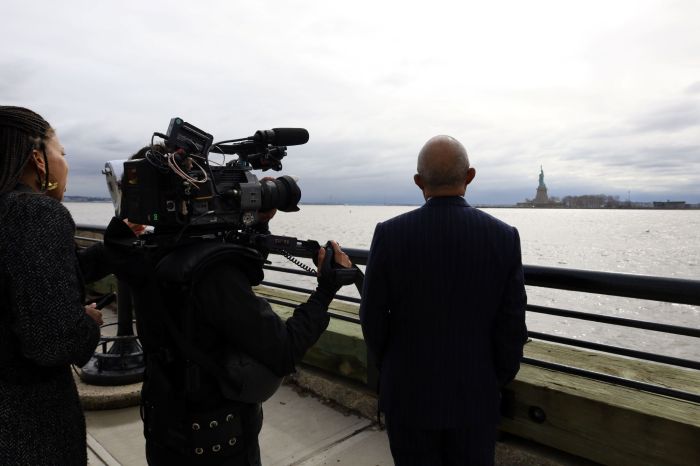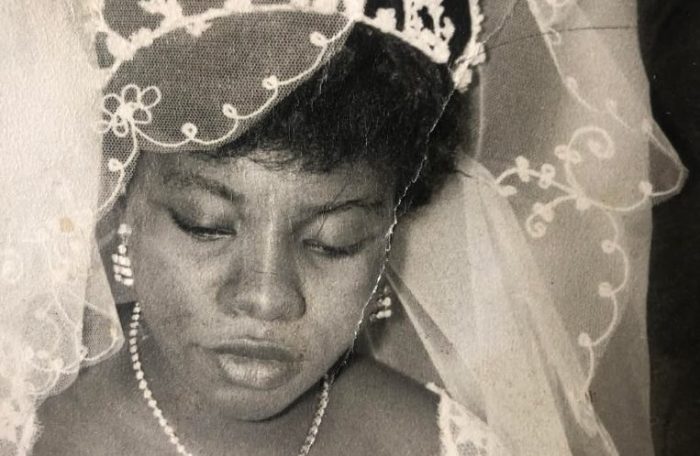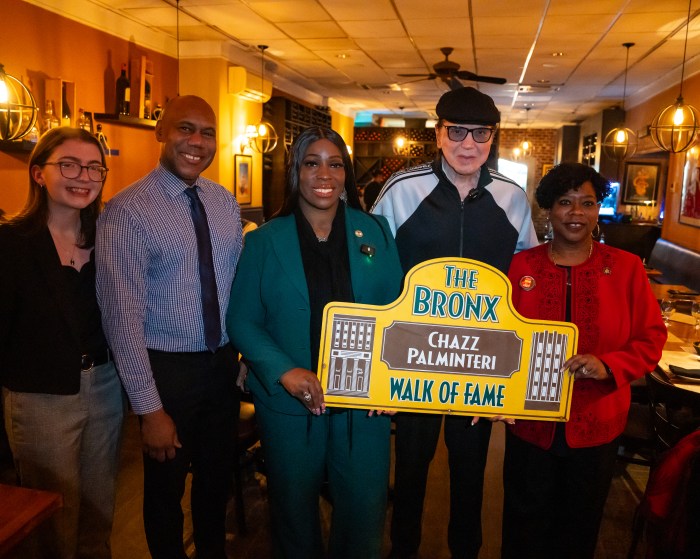A new study by the Washington, D.C.-based Inter-American Development Bank (IDB) says bad financial planning is responsible for failure of creative entrepreneurships in Latin America and the Caribbean.
The IDB said on Thursday that about 70 percent of creative entrepreneurships fail because of bad financial planning, lack of understanding of the market and poor cash flow.
The e-book study, “Launching an Orange Future,” released by IDB in collaboration with the Failure Institute, reveals that even though 90.4 percent of creative entrepreneurs completed a university degree, they learned to do business “on the go”.
The e-book collects information from more than 200 creative entrepreneurs in the region and publishes the results through 15 questions that define the talents of Latin America and the Caribbean.
“The Failure Institute created an algorithm that we have called the ‘Index of Health of the Creative Entrepreneurship’ (ISaEC), which served as a diagnostic tool to evaluate the time of the operation of the company, the initial investment, its monthly sales and solvency, the number of partners and employees, the degree of satisfaction and the level of knowledge of tax obligations,” said Leticia Gasca, director of the Failure Institute and co-author of the study.
“Launching an Orange Future shows that 65.2 percent of creative entrepreneurs don’t have intellectual property rights or copyright registration, according to the IDB.
It said that, among the reasons for not having them registered, 17.4 percent declared the process was too expensive, and the rest admitted they did not know how to do the process.
According to the Institute of Failure, the proportion in entrepreneurships is 75 percent men and 25 percent women.
In creative entrepreneurships, however, the IDB said it is 62 percent men and 38 percent women, “which reaffirms that the orange economy offers great opportunities to boost the growth of women entrepreneurs in LAC (Latin America and the Caribbean).
“At the IDB, we know that creativity in Latin America and the Caribbean is an unlimited resource,” said Alejandra Luzardo, lead specialist of the IDB and one of the authors of the book. “We live in a region of ideas that, with the right support, can boost our economy and provide a better future for all.
“If we promote the entrepreneurial spirit of citizens, our countries can take advantage of a resource they already have: a tradition of invention and ingenuity, a cultural heritage of great wealth, and the demonstrated creativity and sense of innovation of its entrepreneurs, creators and artists,” she added.
The IDB said “Launching an Orange Future” also contains the first regional directory of more than 300 incubators, accelerators and coworking spaces, which will help with the mapping and strengthening the region’s creative ecosystem.



























